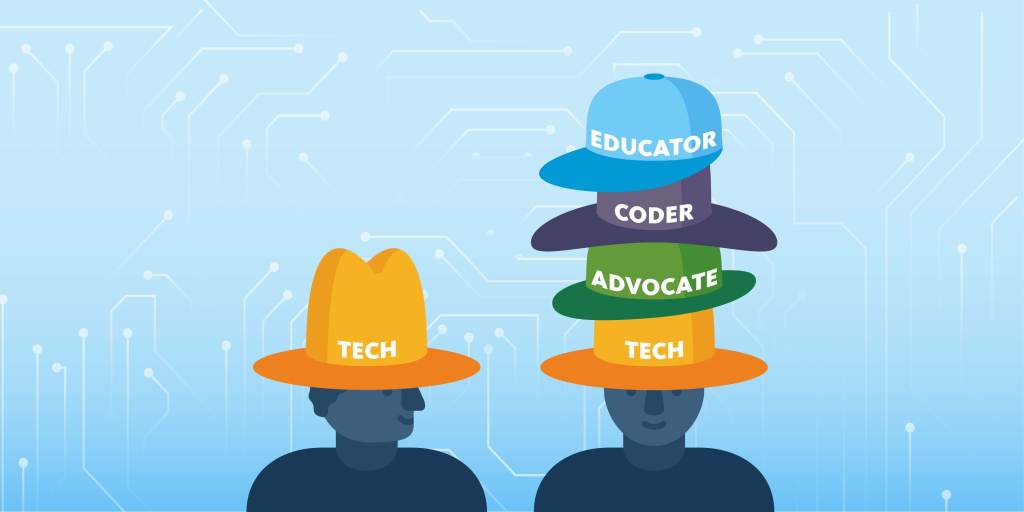
Check out the infographic summarizing the points below. Don’t forget to share them with your friends and networks!
Does your work, or your interests, involve both technology and making the world a better place? If so, you might be part of a growing field—what we like to think of as a tech justice league.
A new report from the Tech for Social Justice Project, called #MoreThanCode, interviewed 188 people whose work puts them in this cohort—technology practitioners who focus on social justice, the common good, and/or the public interest—to get a clearer picture of this part of the tech ecosystem and who’s part of it. Along with insights about demographics and models of what’s been successful (and what hasn’t), the report helps shed light on the values these diverse practitioners share, in the hope of strengthening the field and getting more people to recognize and seize on their own connection to it.
Here are some signs that you might be a part of the league:
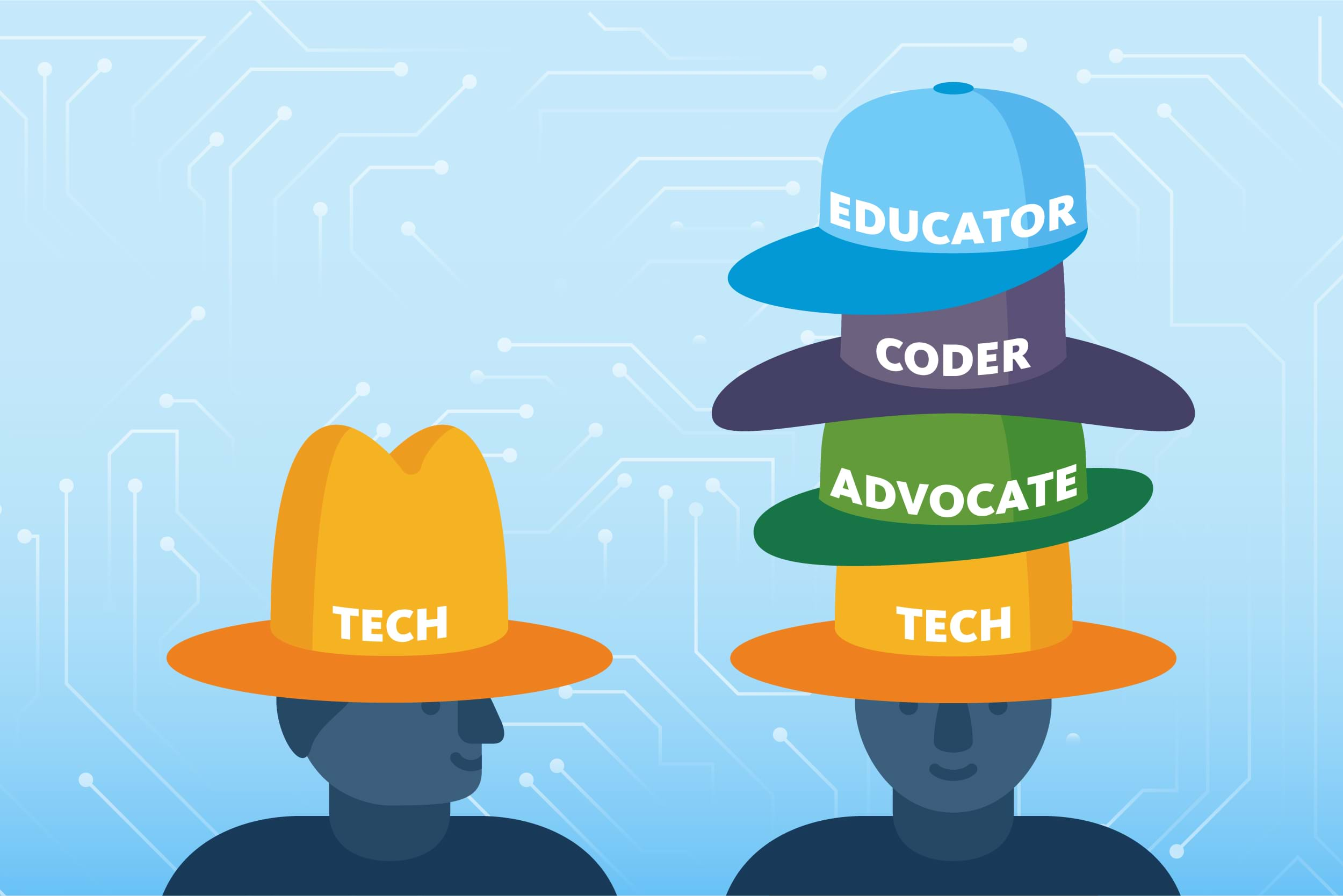
1. You probably don’t identify as a technologist.
Whether or not your work is related to technology, it’s likely that you don’t call yourself a “technologist.” Only 52 percent of #MoreThanCode respondents said they relate to that label. And in fact, the word “technologist” (at least as its traditionally been defined) may not be best or most accurate way to describe players in the multifaceted tech field. #MoreThanCode found that most practitioners identify with multiple roles: They are a developer and a designer, a coder and a policy advocate, a web architect and an educator.
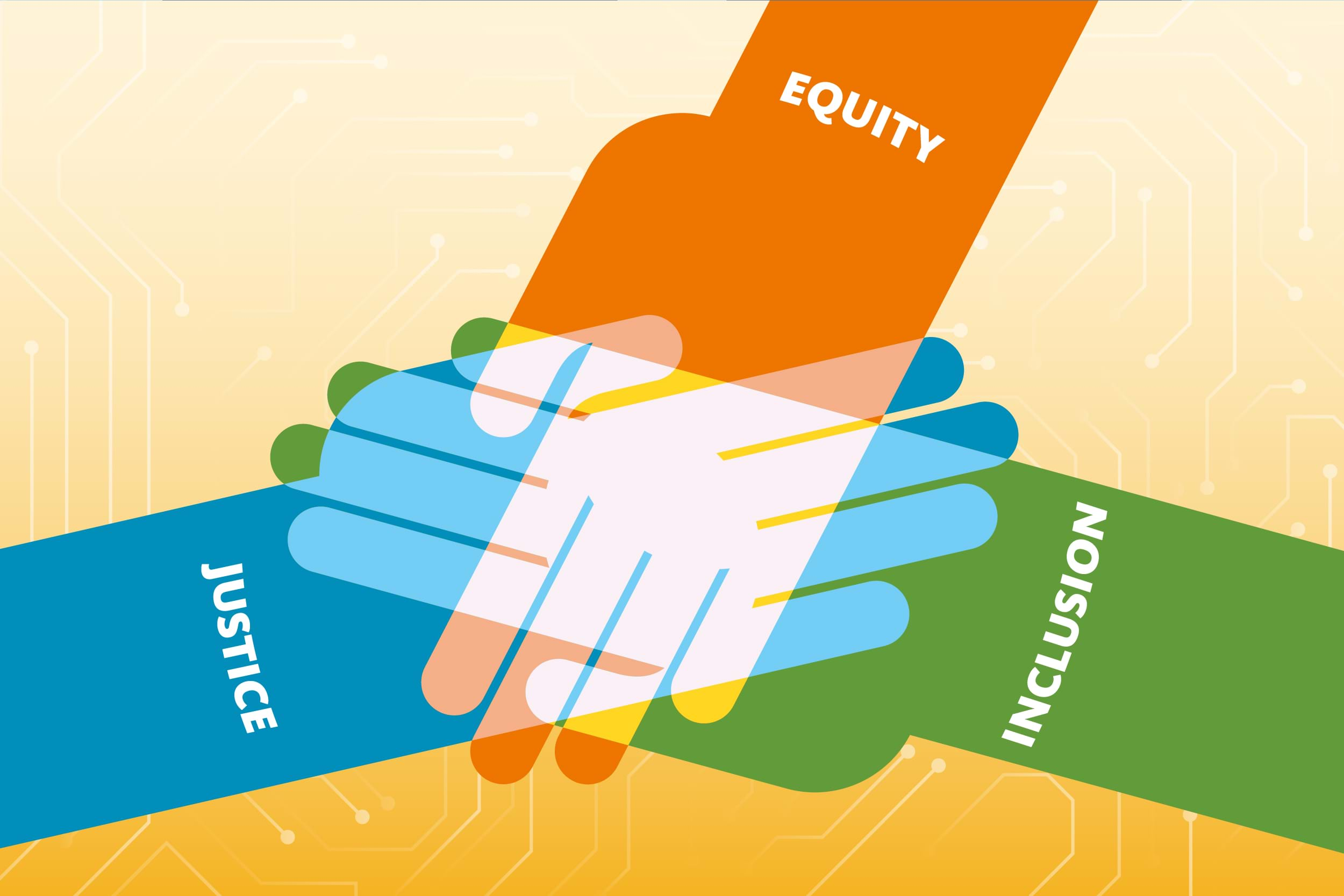
2. You believe tech should be used to advance justice, equity, and inclusion.
Though the study’s participants reflected a range of experiences and expertise, they have in common a belief that justice, equity, and inclusion are central to their work in tech, and that technology should be used to help people. These practitioners care about establishing equitable and inclusive relationships, spaces, and technologies—and about broader social transformation.
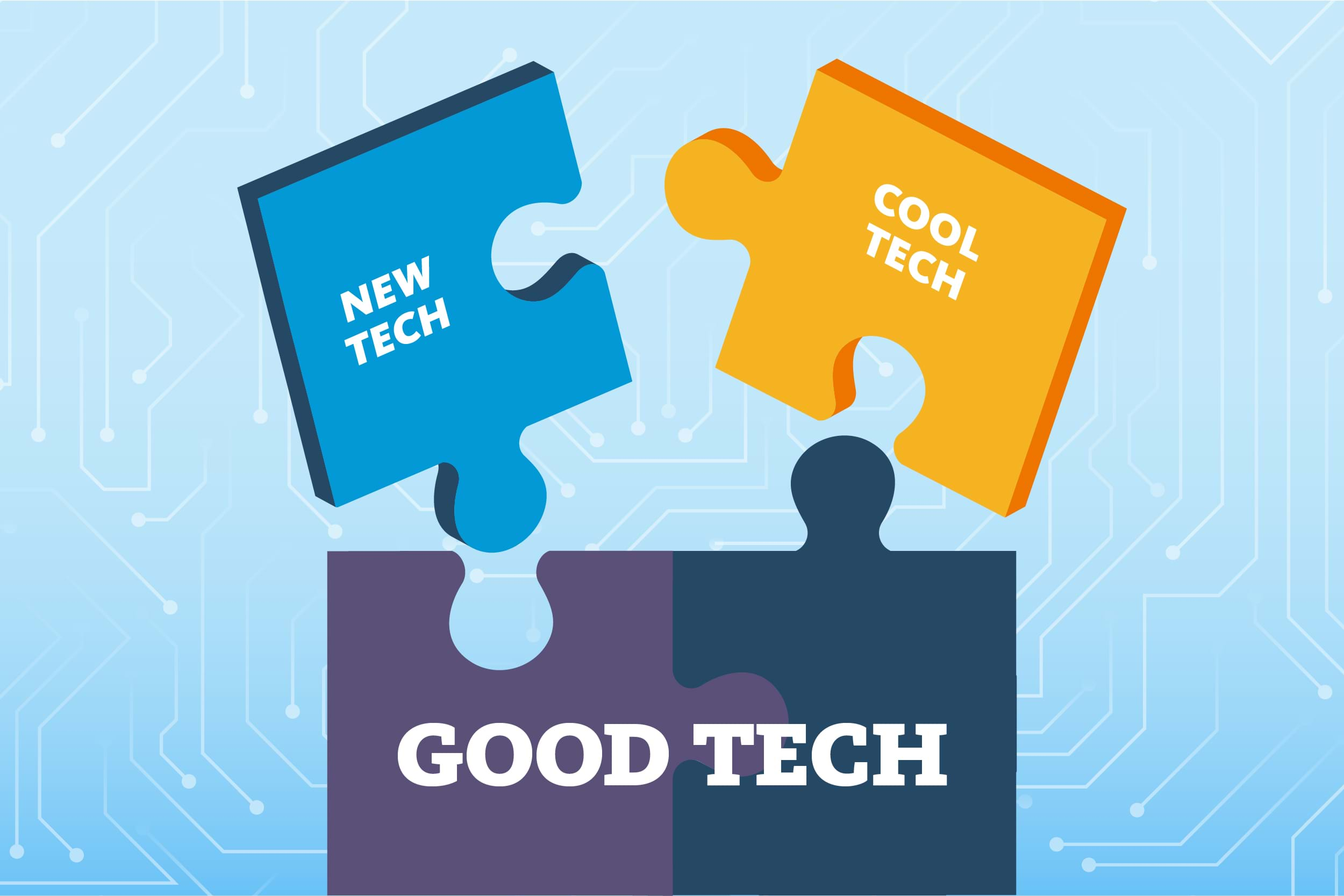
3. You believe it’s time to rethink what “good” technology is.
Many practitioners reported that a majority of resources and attention go to new tools with an obvious cool factor when those resources would better spent maintaining, upgrading, and supporting proven tech solutions. This “good” tech might include resilient solutions that emphasize community needs over flashy features, that can be easily updated or maintained to remain secure, or that makes government services more accessible to the people who need them most.
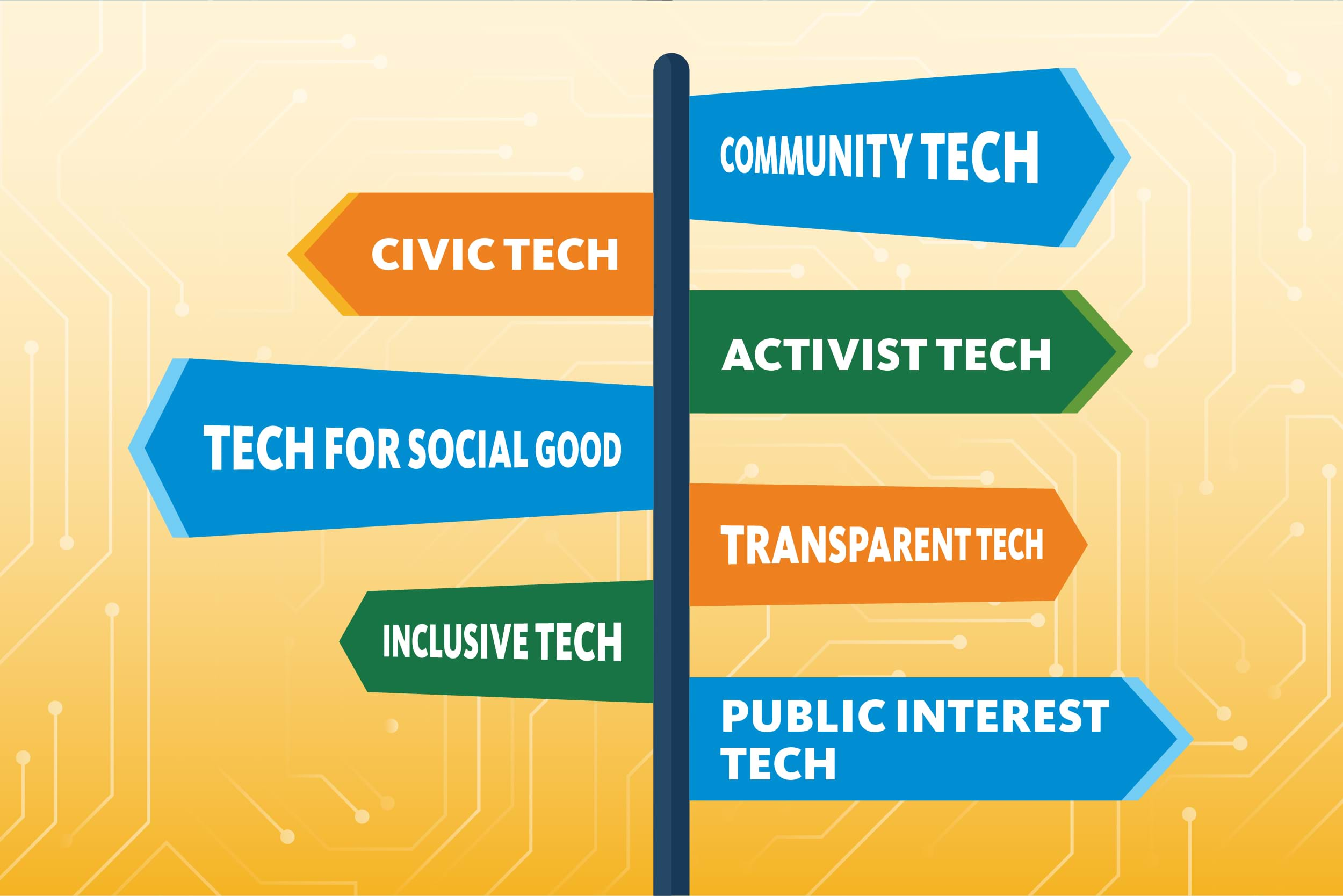
4. You’ve had an unconventional career path, and your interests lay in more than one area.
Maybe you’re a hardcore techie with a degree in computer science. Maybe your tech skills are self-taught. Maybe you have few deep technical skills, but you’re great at organizing and inspiring communities. Maybe you’re a teacher; maybe you work for a nonprofit organization. Regardless, there is no designated path to this field, or any one entry point that’s better than another. That means the field has the potential to be rich in diversity, and to attract passionate people whose work is fueled by their values. At the same time, a lack of clarity about the field can be an obstacle for people who might be a great fit, but lack the knowledge and networks to readily make a connection between what they do and where it might fit into the broader field.
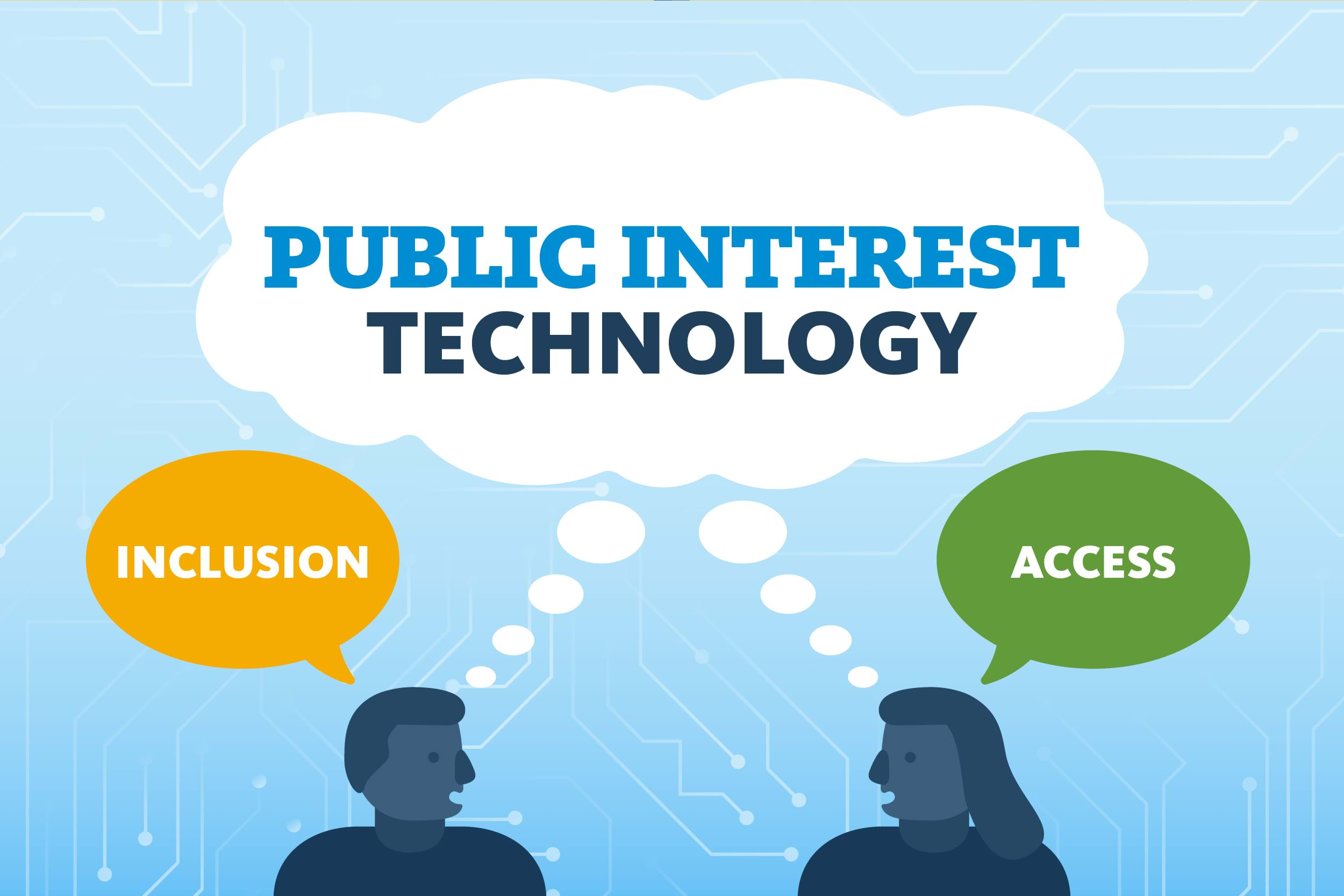
5. You don’t think of yourself as part of any particular field.
Whether they focus on working on tech policy, net neutrality, digital literacy, or any number of other areas, thousands of people and organizations play an integral part in this ecosystem—even if they don’t know it. In #MoreThanCode, participants collectively offer 252 terms to describe the work they do. Those areas of work are integrally connected, and together they add up to something greater than the sum of their parts. If you see yourself in any of these descriptions, we hope you’ll contribute your skills to helping to grow and strengthen this burgeoning field.
Don’t forget to share this infographic with your networks!
